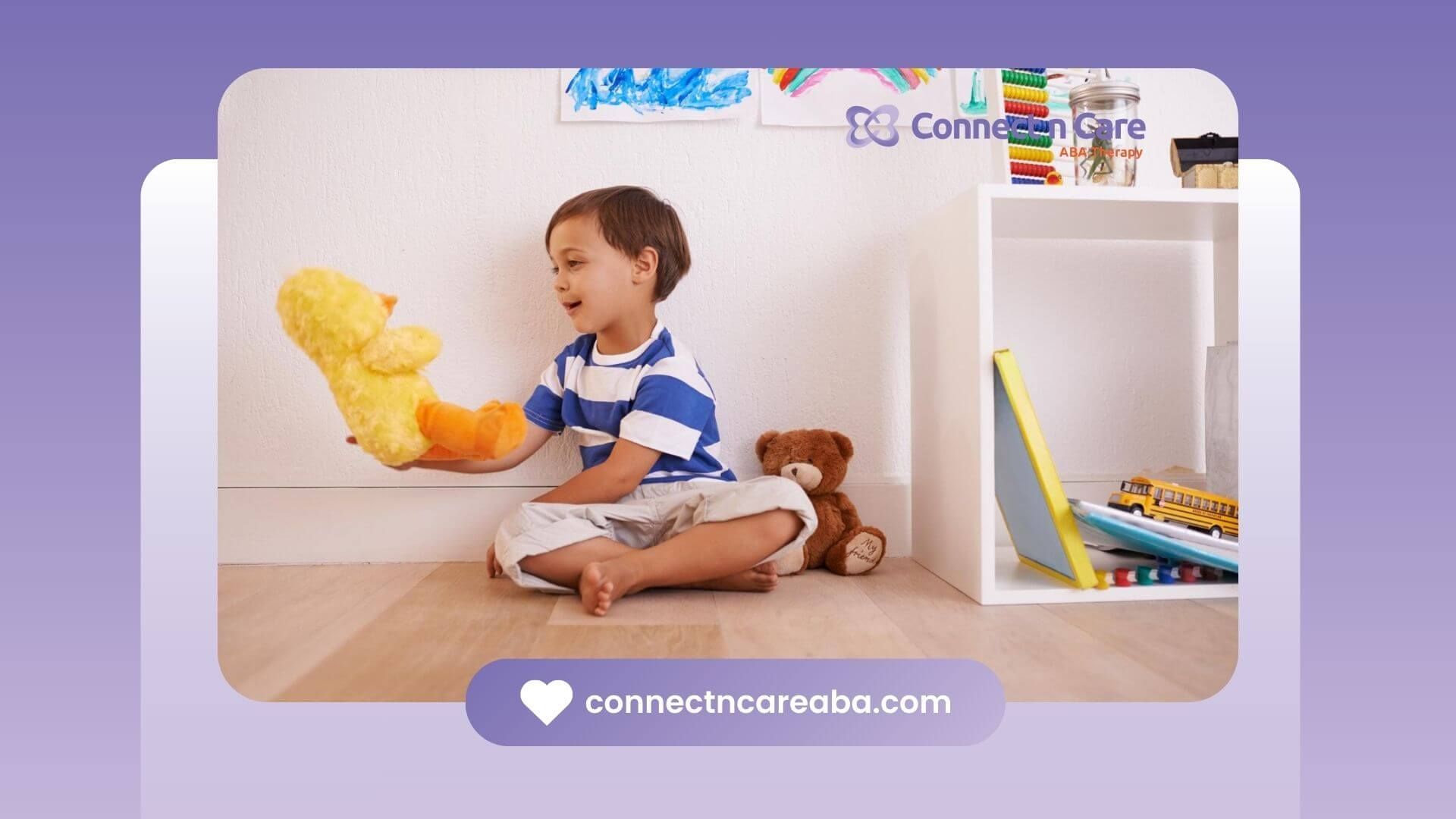Key Highlights
- The autism grief cycle describes the emotional pain and adjustment parents of children face after the initial diagnosis of autism.
- Families commonly experience a unique type of loss, distinct from traditional grief, as their expectations for their child’s future shift.
- Emotional responses often include shock, denial, anger, bargaining, sadness, and, eventually, acceptance.
- The grieving process can be ongoing and cyclical, resurfacing with new developmental challenges.
- Social support, professional counseling, and community resources are vital for helping parents navigate the autism grief cycle.
- Understanding these stages empowers parents of children with autism to find hope, acceptance, and effective strategies for moving forward.
Hearing the words “your child has autism” can bring a rush of emotions—from disbelief to deep sadness. It’s a normal, human reaction.
One parent I worked with compared it to “learning a new language” about her child. At first, it felt exhausting. But after months of home-based ABA therapy, she described feeling more connected than ever before.
What Is the Autism Grief Cycle?
A Unique Kind of Grief
When a child is diagnosed with autism, parents often experience grief—not because their child is gone, but because the imagined future shifts.
This is called the autism grief cycle. According to a review in Autism Research, this grief is ambiguous—there’s no clear “end,” and emotions may resurface for years.
Unlike traditional grief, which can move in a more linear fashion, the autism grief cycle loops. Parents may feel fine for months, then return to sadness or anger when new challenges arise—such as starting school, facing bullying, or hitting a developmental plateau.
Why Families Feel This Loss
Mourning Milestones
Parents may have pictured first soccer games, sleepovers, or effortless conversations. When those expectations shift, grief sets in. One dad once told me during a home therapy session:
“I had this whole timeline in my head—college, marriage, grandkids. Now I don’t know what to picture.”
This doesn’t mean parents stop loving their child—it’s about adjusting to a new, and sometimes uncertain, roadmap.
The Role of Stigma and System Struggles
According to a 2023 systematic review, many parents experience intensified grief when they feel judged by friends, family, or even strangers in public. Navigating therapy systems, IEP meetings, and insurance battles can add layers of exhaustion.
Stages of the Autism Grief Cycle
Shock and Denial
Immediately after autism diagnosis, some parents try to “find another explanation.” This can be a coping mechanism. In my practice, I’ve seen parents spend months visiting specialists, hoping one will say, “It’s not autism.”
Anger and Bargaining
Anger can be directed at doctors, schools, or even oneself. Bargaining often sounds like: “If I put him in therapy five days a week, maybe this will go away.”
Sadness and Depression
For many, this is the heaviest stage. It can be triggered by small moments—watching other children hit milestones your child hasn’t yet reached. One mom told me her sadness came back full force the day her son’s kindergarten teacher mentioned a “buddy system” for recess.
Acceptance—But Not the End
Acceptance doesn’t mean you stop wishing things were easier. It means you recognize your child’s path as different, not lesser. Even here, grief may reappear—like during teenage years when social dynamics shift.
How the Autism Grief Cycle Differs from Traditional Grief
It’s Ongoing and Cyclical
Traditional grief often moves toward closure. Here, every new life stage can stir up earlier emotions. As psychologist Robert Naseef explains:
“You don’t get over it. You integrate it into who you are as a parent.”
Coping Strategies That Actually Help
Seek Out the Right Support
Peer groups, whether in person or online, can ease isolation. A six-week parent support program in one study significantly improved parents’ sense of confidence and coping.
Use Mindfulness and Self-Care Intentionally
Meditation, short walks, or even a nightly “quiet tea” ritual can lower daily stress. One father in my sessions started sketching again after years—he called it “therapy without a co-pay.”
Reframe Wins
Instead of focusing on what isn’t happening, notice small but meaningful progress—eye contact, a new word, an unexpected hug. These moments often help parents “dream new dreams,” as therapist Cindy Ariel puts it.
ABA Therapist Insight: A Story of Shift
A mother I worked with often cried during early sessions, overwhelmed by the daily demands. Six months later, she pulled me aside:
“I’m not crying every day now. I’m learning to celebrate my son for who he is, not just what he does.”
That change didn’t erase the grief cycle—but it softened it.
Research shows that 1 in 5 mothers of children with significant disabilities, including autism, face mental health challenges that require professional support (PMC, 2024). This is why therapy—for both parent and child—can be life-changing.
Conclusion
The autism grief cycle isn’t a sign of weakness—it’s a natural, human reaction to an unexpected life path. By understanding the stages, recognizing they can resurface, and leaning into support systems, families can move from fear toward resilience. Acceptance doesn’t mean you stop feeling. It means you keep walking forward, even when the path curves.
At Connect n Care ABA, we understand the emotional journey parents face after an autism diagnosis. That’s why we offer personalized ABA therapy services across North Carolina and Virginia—meeting families where they are.
Whether you prefer in-home ABA therapy, school-based ABA therapy, or sessions at our ABA therapy clinic, our compassionate team is here to guide your child’s growth while supporting your entire family.
Contact Connect n Care ABA today to schedule your consultation and start building a brighter future—one small step at a time.
Frequently Asked Questions
Can professional counseling help families cope with the autism grief cycle?
Professional counseling can really help families as they go through the autism grief cycle. Therapists give families ways to cope and encourage them to talk about what they feel. They create a safe space for everyone to share. This support helps people deal with the grief cycle and slowly find healing and understanding as they move forward.
Are mothers and fathers affected differently by the autism grief cycle?
Yes, mothers and fathers do go through the autism grief cycle in different ways. Mothers may get stronger feelings. This can be because of what people expect from them. Fathers may handle the autism grief cycle by trying to fix things. These ways of coping can be different. Sometimes it is hard for them to know what each other is going through. They may find it tricky to give support to each other.
What support strategies are most helpful during the autism grief cycle?
Support strategies during the autism grief cycle include joining support groups and asking for help from counselors. It is also important to keep talking to family members. Doing this can make us feel less alone and give us room to share feelings. Mindfulness and self-care are good ways to cope with the grieving process. These can help lower stress and help us to get through the grief cycle with strength and understanding.
Sources:
- https://www.kennedykrieger.org/sites/default/files/library/documents/patient-care/centers-and-programs/center-for-autism-and-related-disorders/card-coping-with-an-autism-diagnosis.pdf
- https://www.autism.org.uk/advice-and-guidance/topics/diagnosis/after-diagnosis
- https://www.autism.org.uk/advice-and-guidance/topics/diagnosis/after-diagnosis/emotional-support-for-family-members-after-a-diagn
- https://www.mdpi.com/2673-5318/5/3/26
- https://www.nhs.uk/conditions/autism/newly-diagnosed/









